- Latest News
- Ocean Conferences
- Science: Explained
What to expect from COP28

Everything you need to know: COP28.
It’s almost time for the world to come together once more, at COP28, to discuss our climate change commitments.
Ahead of this year’s summit, the Global Stocktake provided a useful inventory of current progress toward global climate goals. COP28 will therefore represent an important opportunity for course correction and increased ambition towards Ocean-climate action.
What is COP all about?
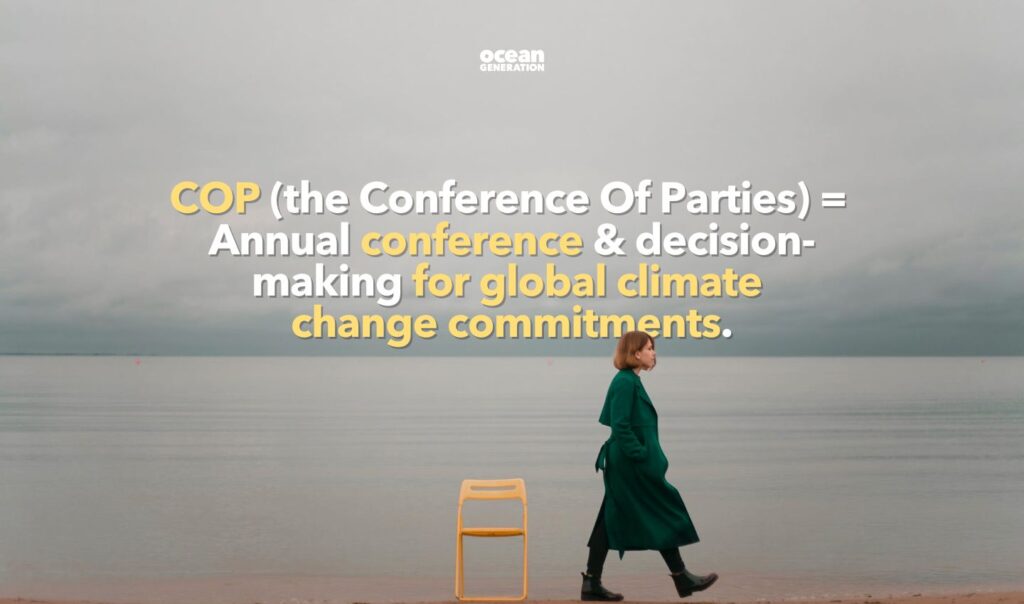
The Conference Of Parties (COP) is an annual conference where the main decision-making for global climate change commitments takes place.
And when is COP28? COP28 will be held between 30th November – 12th December 2023, at Expo City, Dubai, UAE.
The formal goals of COP28 are:
- Energy and emissions:
Phase-down demand for, and supply of all fossil fuels, leading to an energy system free of unabated fossil fuels by 2050 (which basically means we’d be free of fossil fuels used and produced without interventions to reduce the greenhouse gasses they emit throughout their life cycle).
This includes tripling renewable energy capacity and doubling the rate of energy efficiency improvements across sectors by 2030.
- Finance:
Ensuring that climate finance is affordable, available, and accessible to developing countries, by delivering the annual investment in climate action needed by 2030.
- Putting nature, people, lives, and livelihoods first:
Investing in people and nature through the loss and damage fund and encouraging all parties to align climate action with biodiversity targets, since one cannot exist without the other.
- Inclusivity:
Commitments towards strengthened collaboration with marginalised groups such as women, Indigenous Peoples, local communities, youth, people of determination, subnational actors, and faith-based organisations.
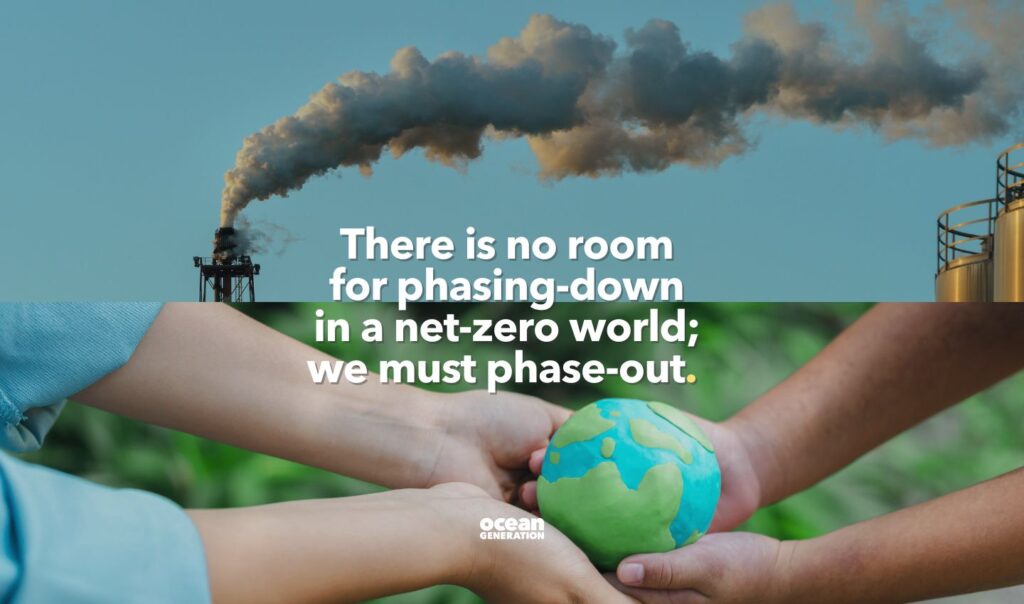
Why is COP28 controversial?
COP28 has received a lot of attention from the media, particularly regarding this year’s COP President’s position within the fossil fuel industry.
Dr Sultan al-Jaber is the minister of industry and advanced technology for UAE, and the managing director and group CEO of the Abu Dhabi National Oil Company (ADNOC Group).
Concerns have been raised about the impartiality of climate talks and the influence of fossil fuel lobbyists, for whom blocking fossil fuel phase-out is within their economic interest.
For instance, ADNOC announced a five-year, $150 billion investment in fossil fuel expansion in November 2022.
This is predicted to produce 7.5 billion barrels of oil and gas, 90% of which would have to remain in the ground to meet the International Energy Agency’s net zero emissions scenario.
How can we spot when climate-dialogue is shifted towards the interests of the fossil fuel industry?
Decoding climate dialogue – it’s all in the wording:
When navigating climate conferences, it’s important to understand key terms and phrasing which may open loopholes and derail progress.
Accurately decoding the dialogue helps us to stay diligent, see past greenwashing and spot false solutions.
This is particularly important during discussions on topics which divide the crowd.
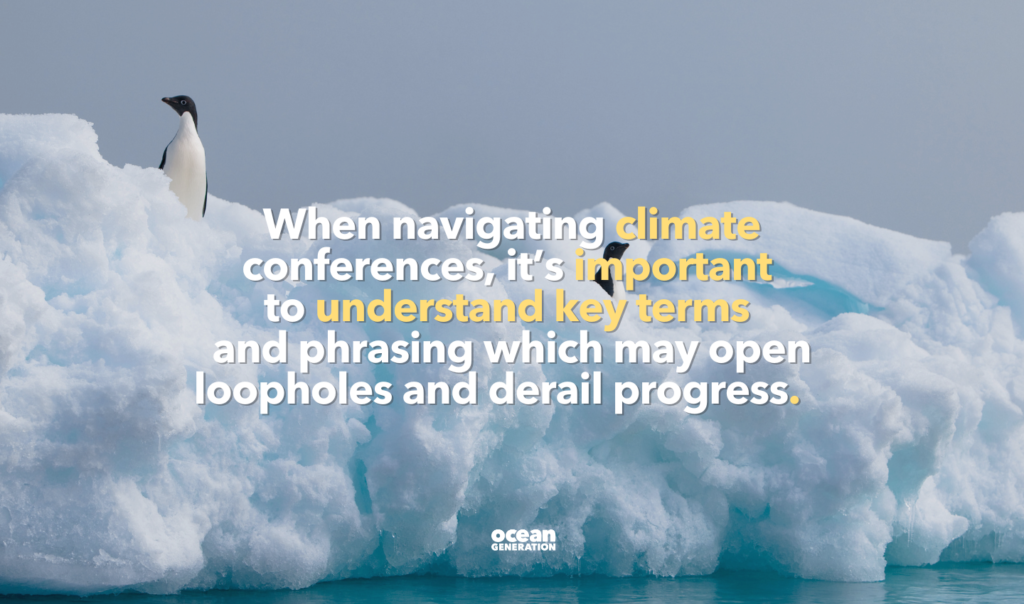
Here are some key phrases to look out for this year:
- Unabated fossil fuels:
Fossil fuels burned without using technologies to capture the resulting CO2 emissions.
- Carbon Capture and Storage (CCS):
The relative importance of CCS remains contentious in climate discussions.
What is CCS?
Carbon capture and storage is a process used to capture the carbon dioxide produced by power generation or industrial activity, transporting it, and storing it deep underground.
The science tells us that while CCS has the potential to play a key role in meeting climate change targets (eg. For heavy industry that’s much harder to decarbonise. And once we reach net zero, it can help tip us back the other way), but it’s not the silver-bullet solution to the current problem.
Focussing on mobilising CCS instead of simply keeping fossil fuels in the ground is a distraction. It delays the inevitable transition away from fossil fuels that needs to happen.
- Phase-down emissions:
There is no room for phasing-down in a net-zero world; we must phase-out.
The use of the word ‘emissions’ also deliberately omits fossil fuels from final decisions. This ambiguous phrasing provides a loophole for their continued growth and development.
The focus must therefore be on ‘phasing-out fossil fuels.’
Ocean spotlight at COP28:
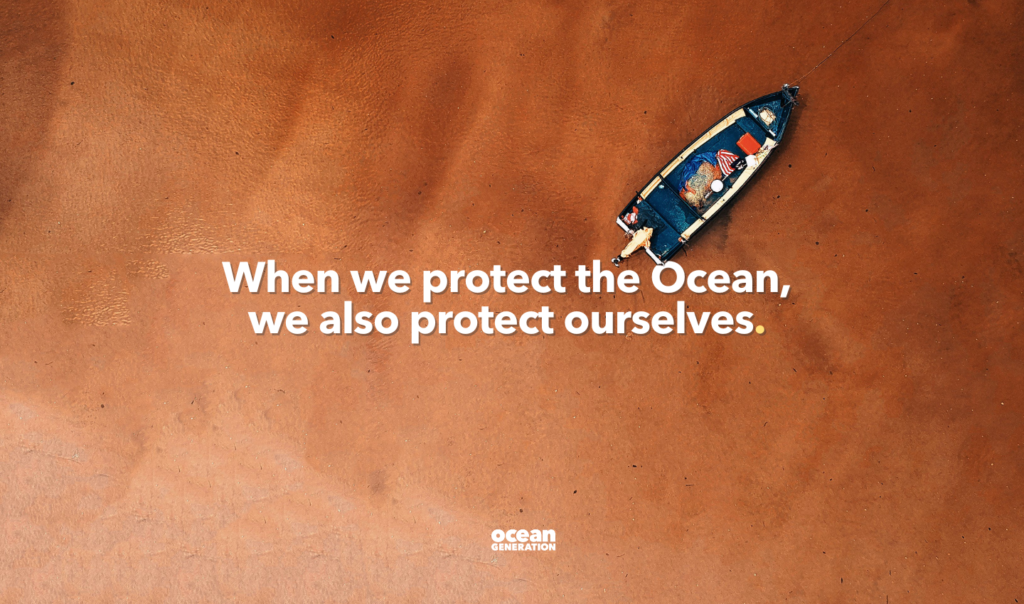
Our Ocean is increasingly recognised in global climate dialogue and will take the spotlight at COP28 during the ‘Nature, Land use and Oceans’ thematic day (9th December 2023). This dedicated day aims to support climate-aligned and nature positive use of land and Ocean systems.
This reflects the increasing focus towards ‘blue ambition’ and the growing recognition that when we protect the Ocean, we also protect ourselves.
Ocean action is climate action and climate action is Ocean action.
Ignace Beguin Billecocq, Ocean Lead for UN Climate Change High-Level Champions.
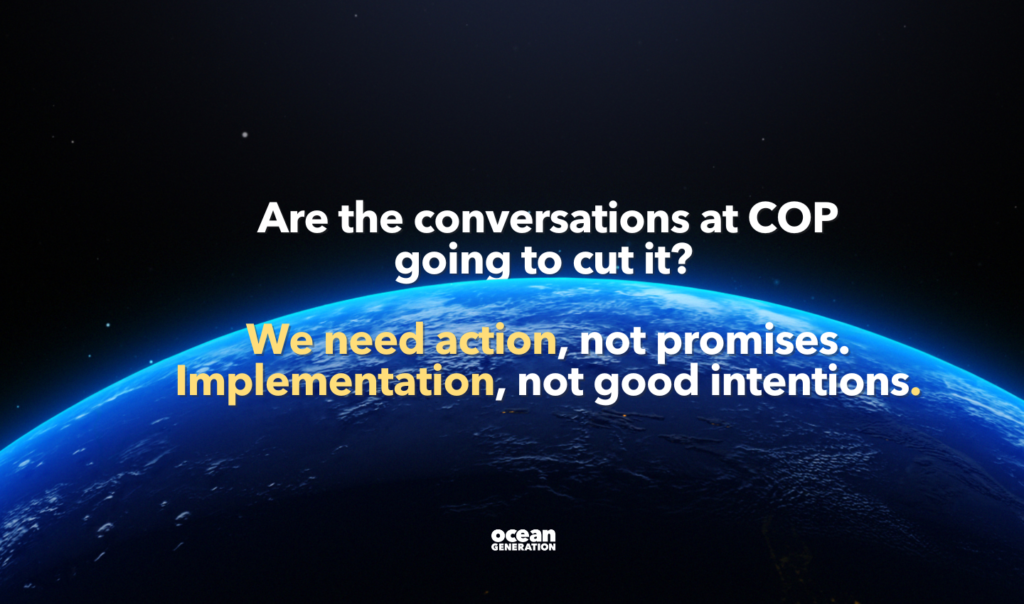
Ocean Generation’s hopes and expectations for COP28:
We will always welcome more commitments to safeguard our Ocean, but this year we want to see promises turn to progress, and ideas turn to action.
This includes:
- Decarbonisation across every sector.
New research suggests that we have less than six years before global warming of 1.5°C is inevitable. Rapid, widespread reduction of CO2 emissions is essential to steer us away from this fate.
Decarbonisation efforts should seek alternative fuels and port infrastructure for Ocean shipping, enabling technologies to connect new and existing marine-renewable energy to the grid, and strengthened net-zero commitments across fisheries and aquaculture supply chains.
Opportunities to incentivise emissions reductions within the Ocean-tourism sector should also be considered.
- Strengthening of mitigation and adaptation commitments.
Commitments made in the landmark High Seas Treaty agreement earlier in 2023 must be actioned in climate policies, to meet the goal of protecting 30% of the Ocean by 2030. Focus must also be drawn to the remaining 70%, to build progress toward the Ocean we need.
Further restoration and protection of “blue carbon” ecosystems (such as seagrasses, mangroves, tidal marshes) within exclusive economic zones must be included in national commitments to ensure their sustained benefits (such as carbon sequestration and flood protection).
- Mainstreaming Ocean-action.
Now, more than ever, widespread recognition of our Ocean’s pivotal role in combatting climate change is vital.
We need increased Ocean-recognition in global climate dialogue, and countries must commit to mainstreaming Ocean-actions into their national commitments.
These Ocean-climate solutions must be integrated into biodiversity goals since one cannot exist without the other.
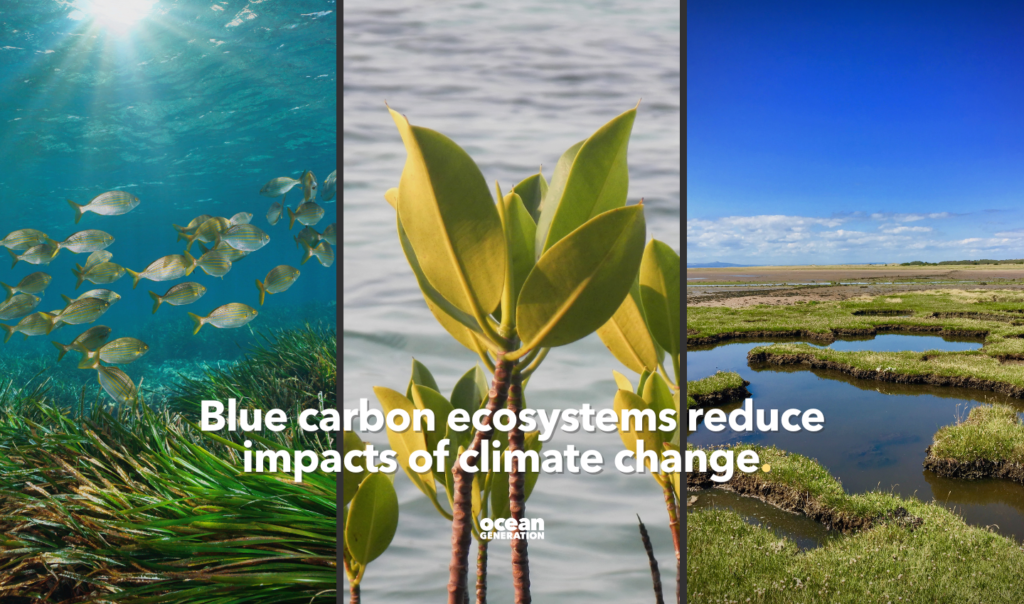
- Inclusive and mobilised solutions for all.
No-one is safe from climate change, so no-one should be left out of forging solutions.
We need full empowerment and collaboration with marginalised groups, especially those that are disproportionately impacted by climate change. Community-led marine management should play a central role, and this must be enabled by providing access to critical resources and information.
Stable and accessible finance flows are needed to provide a healthy Ocean for all.
- Filling knowledge gaps in this critical Decade for Ocean Science.
Strengthening of Ocean-focused research and standardised data sharing is critical to effectively implement and manage Ocean-actions.
How to stay up to date with all things COP28
Follow Ocean Generation on your favourite social platform for COP updates, progress, Ocean wins, and actions.




